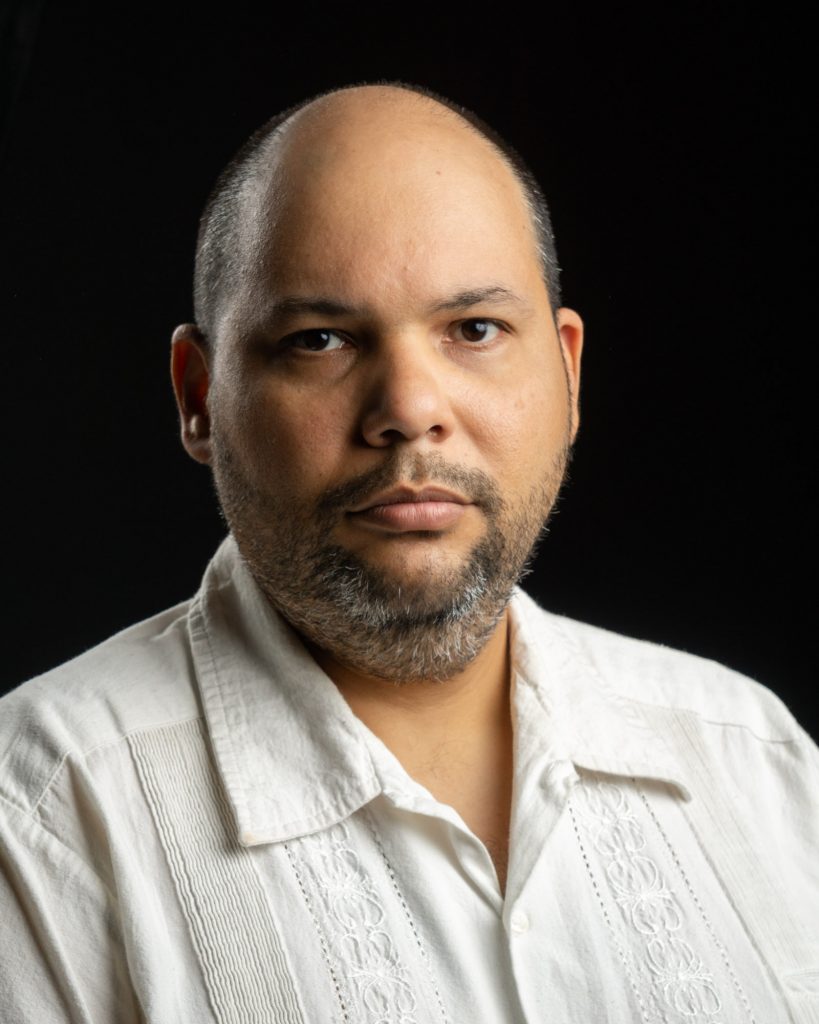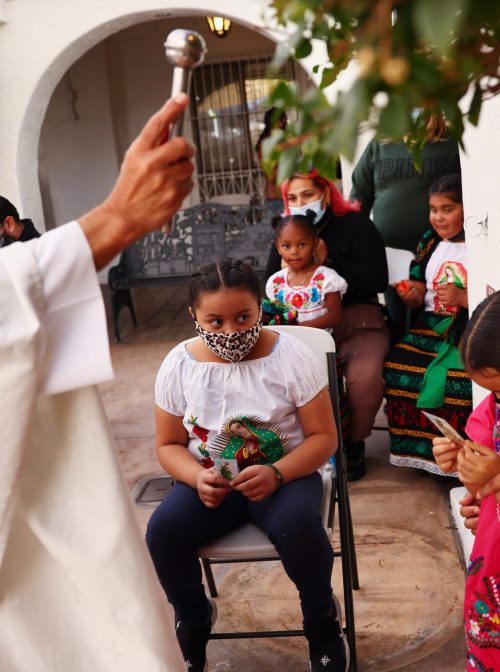A few weeks ago, the Pew Research Center confirmed trends that have been building up for over a decade. According to Pew, 30 percent of Latinx adults and nearly half (49%) adults under age 30 identify as having no religious affiliation.
Why are Latinxs leaving religion, particularly Catholicism? The Washington Post and WTTW reporters have asked me that question a few times. I want to expand on my thoughts on those interviews in this column.
I mentioned that, especially for younger Latinxs, the sex abuse patterns uncovered from the 1990s through today probably rank high. The problem is that we don’t have information about two things. First, how many of today’s young Latinx ‘nones’ who were raised without religion have a parental Catholic background? Second, how many former Catholic young Latinxs left because their parents stopped taking them to church?
Over one-quarter (26%) of Latinxs ages 18-29 report being raised nonreligious, twice as likely as the Latinx population. This figure makes me wonder how many of these young nones were raised by former Catholics who were disaffiliated before having children or just drifted away without raising their children within the tradition. Likewise, current young ‘nones’ who report they were raised Catholic: what does it mean? Were they regular or occasional churchgoing Catholics, did they perform their sacraments? I think answering some of these questions will help us understand the extent to which Latinxs are leaving the religion. Right now, the narrative is about individual people disaffiliating, but what if it is a family affair, something that goes back at least two or three generations? That spells even more problems for the Catholic Church’s relevance in the community.
Another reason I think many Latinxs are leaving behind religion, not just Catholicism, is because their values do not align with their own. Multiple surveys have shown over the years that Latinx Catholics are quite progressive on issues that do not align with the bishops’ values. Latinx Catholics have favored issues such as same-sex marriage and LGBT rights, support abortion and reproductive rights, and government action to help those in need. At what point did many of these self-identified Catholics decide that their values and those of the bishops and priests diverged enough to live those values outside the Church? Nonreligion is a better fit since Latinx Protestant churches are more conservative on these matters.
Finally, a recent PRRI poll, looking at religious change from a different angle, finds that most people who have left their religion did so because they no longer believe in the teachings. We don’t know why they stopped believing or what teachings they are talking about.
Did formerly Catholic Latinxs start questioning the teachings of the Church when the abuse reports started appearing in the press roughly three decades ago? Then their disappointment with the institution continued when no real response or accountability followed the accusations. Furthermore, like many former Catholics of Latin American heritage, I remember the stories of priests, nuns, and laypeople fighting for social justice. When I attended Catholic middle and high schools in the 1990s, the sacrifice of leaders like Archbishop Romero was still fresh in our collective memories. I still recall meeting people who were part of liberation theology-inspired base ecclesiastical communities. How many people inspired by that history of social justice-oriented activism were disappointed to hear about abortion and “traditional marriage” rather than a message of social and economic justice?
Instead of worrying about why Latinxs are leaving religion, we should ask how we can understand Latinx identity in a post-Christian context.
What have people stopped believing? It depends. In my case, the supernatural claims were impossible to believe: the virgin birth, the resurrection, and transubstantiation. For others was their perception of the corruption of the leadership or their disconnect from the needs of the people. And yet, unlike a previous era when many Catholics opted for Pentecostalism, they have opted out of religion. They have not joined more progressive churches or other religions outside the Christian tradition.
For generations, politicians and marketers have sold people the assumption that Latinxs are devout people of faith. It means that Catholicism or Christianity, once evangelicals and Pentecostals became a prominent segment of the community, are the core values of the Latinx community. This assumption erases the existence and experiences of nonreligious Latinxs. Moreover, it reduces the Latinx experience in America to a unidimensional caricature. Instead of worrying about why Latinxs are leaving religion, we should ask how we can understand Latinx identity in a post-Christian context.

Juhem Navarro-Rivera is a political scientist who specializes in American and comparative political behavior. Dr. Navarro-Rivera has a diverse work and research portfolio. He is currently the Political Research Director and Managing Partner at Socioanalitica Research, a consulting firm that helps organizations and businesses that are led by or that serve people of color with research and analysis tools that help them better fulfill their missions.




